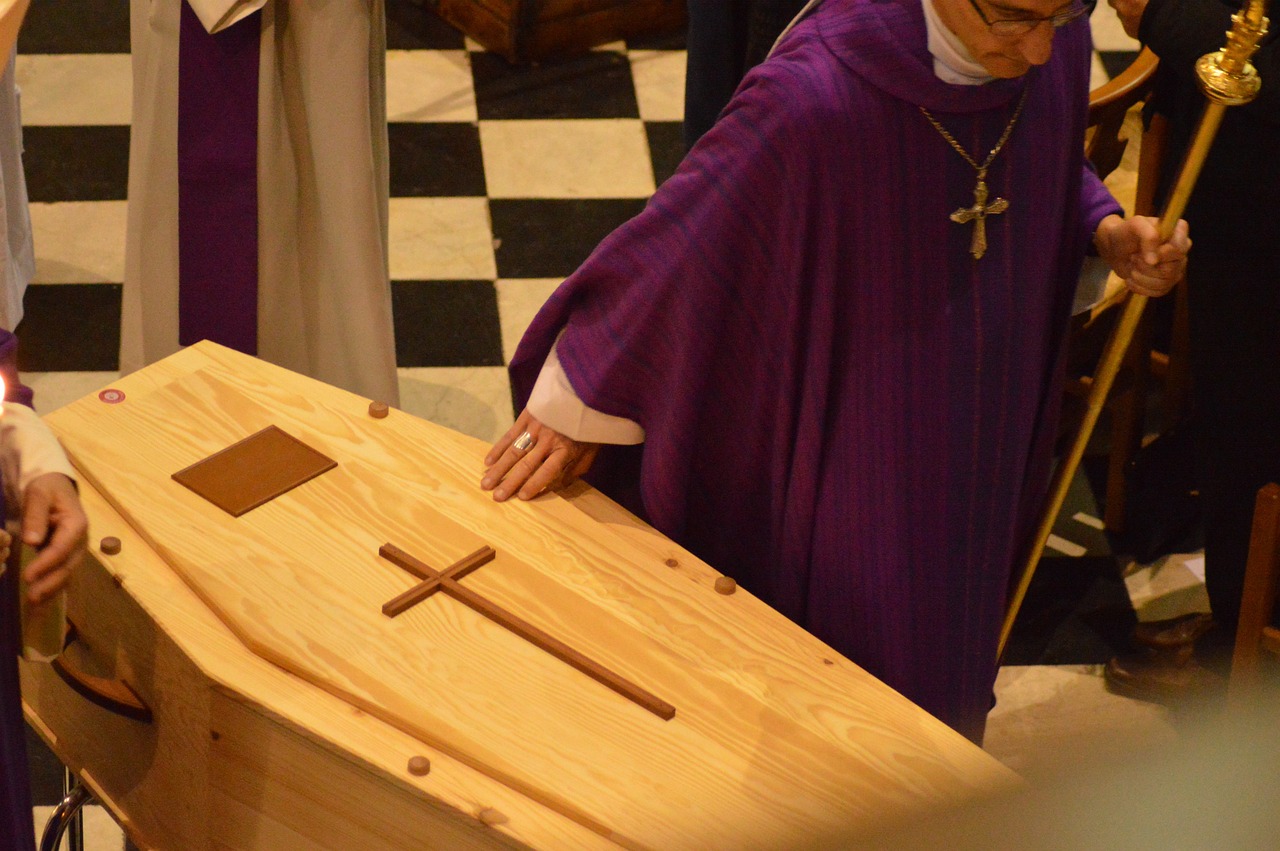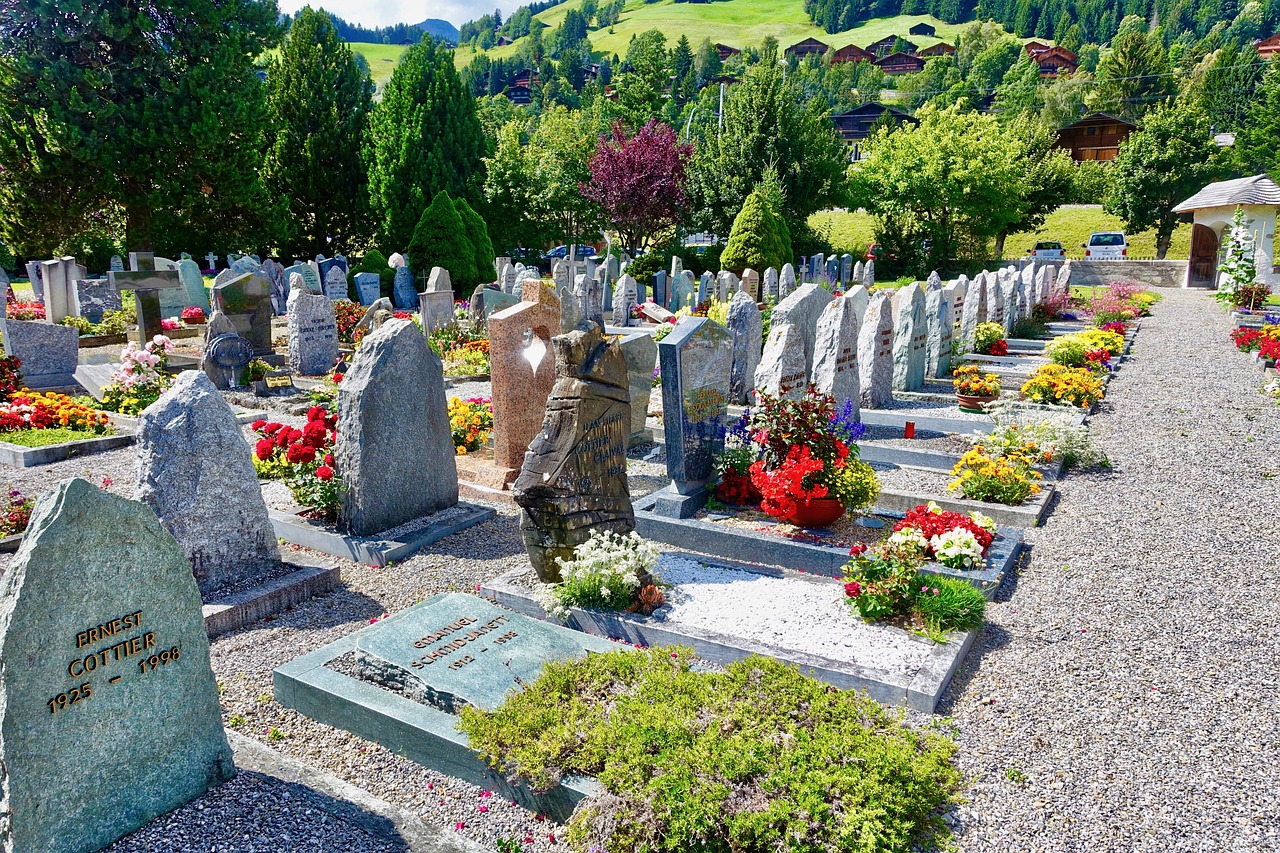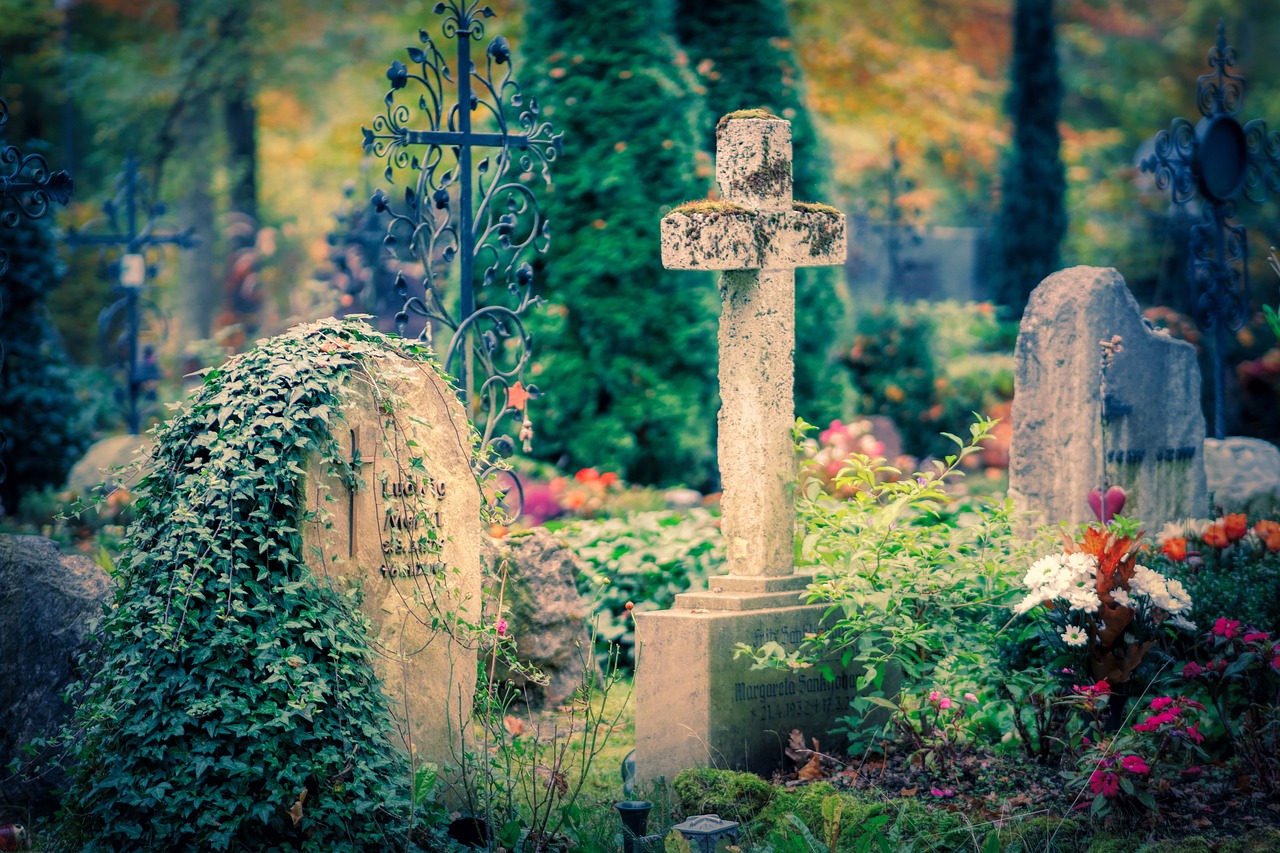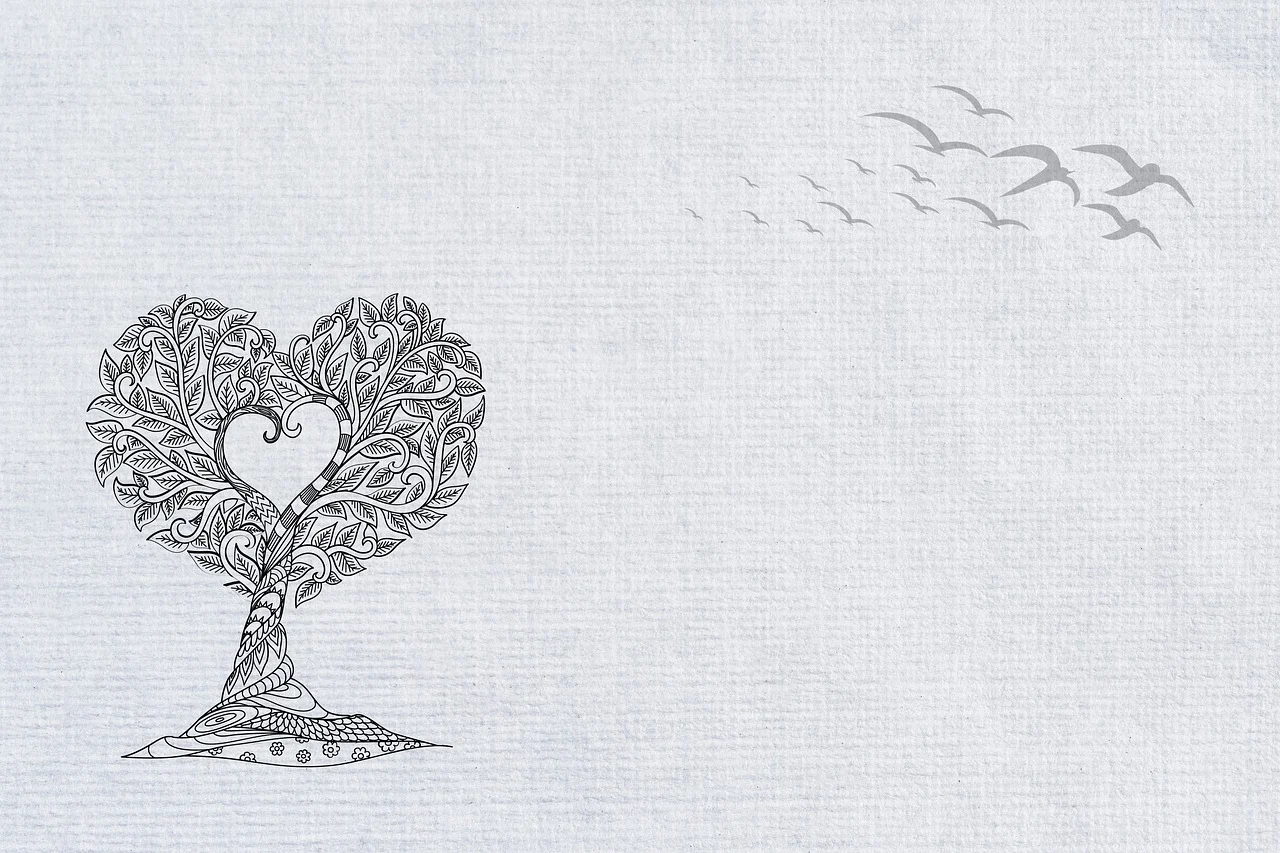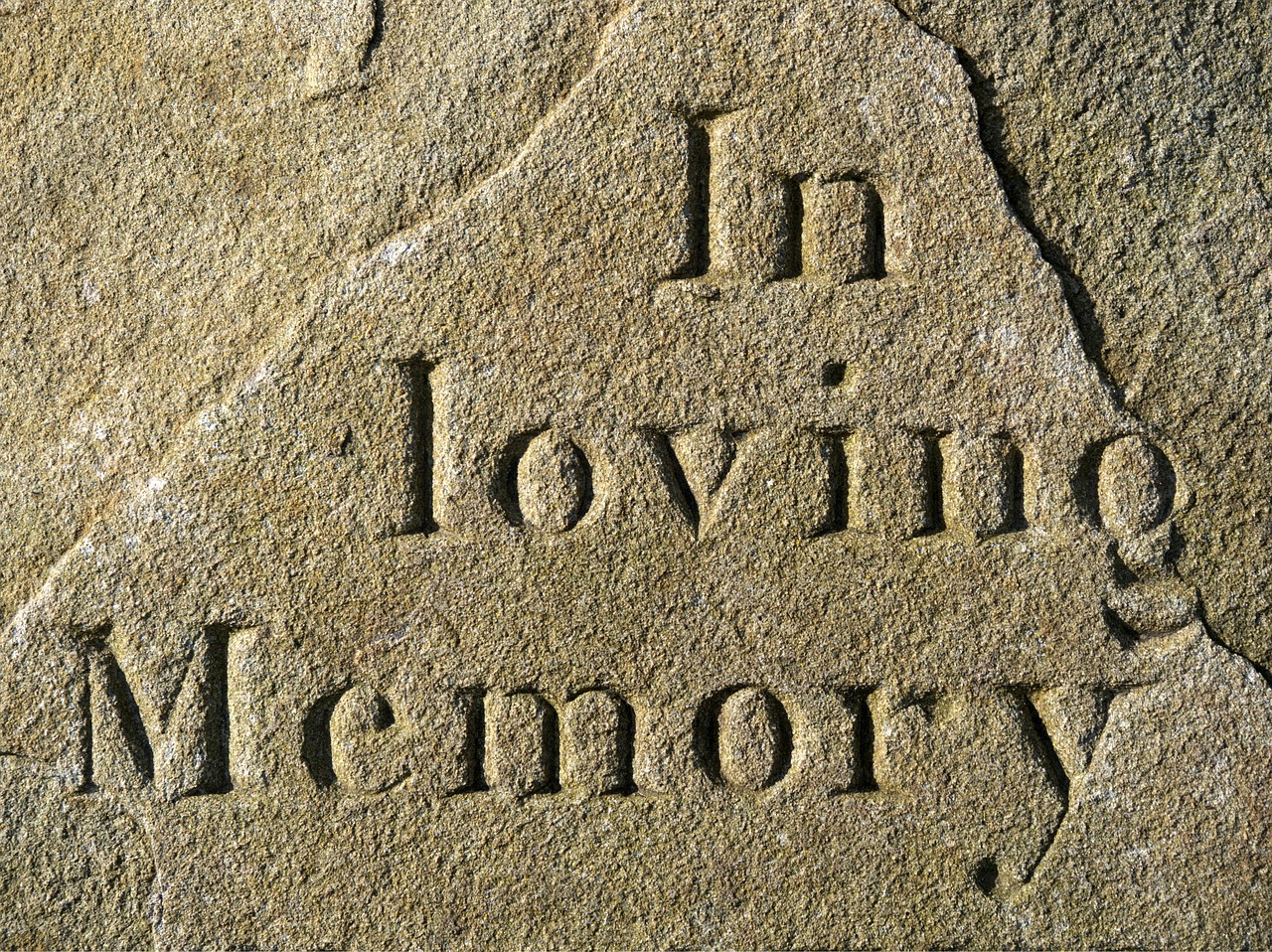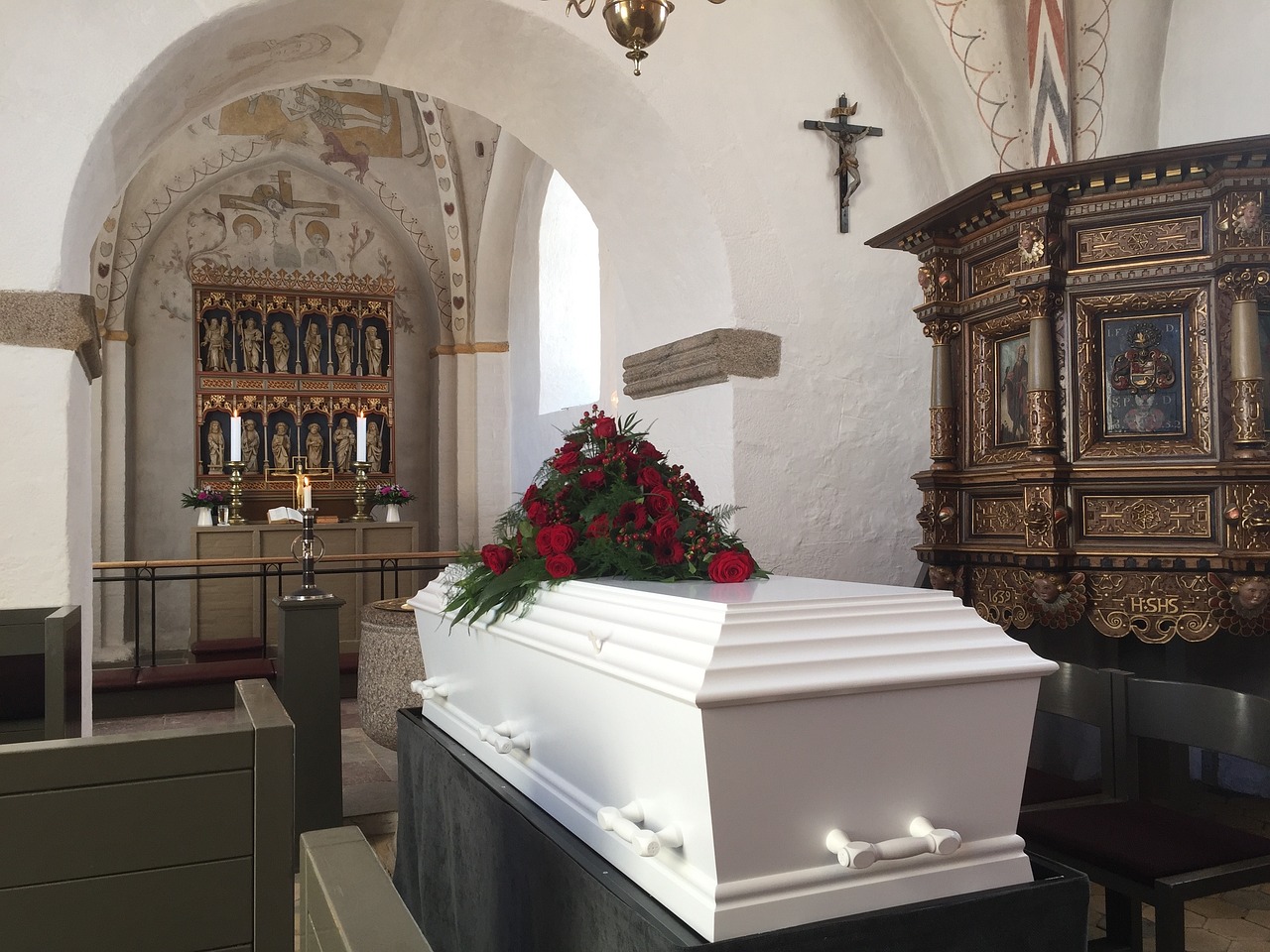In Australia, where multiculturalism thrives, religious diversity is a defining feature of society. When it comes to practices surrounding death and the afterlife, various religions offer distinct rituals and beliefs. In this article, we’ll explore the main differences in religious practices after death among the most followed religions in Australia.
Christianity
Christianity is the predominant religion in Australia, encompassing various denominations such as Catholicism, Protestantism, and Eastern Orthodoxy. Christian beliefs about death and the afterlife are rooted in the teachings of Jesus Christ and the Bible. Central to Christian doctrine is the concept of resurrection and eternal life. Christians believe in the resurrection of the dead, where the soul is reunited with the body, transformed and glorified, to live in communion with God for eternity.
Christian funeral practices often involve a religious service conducted by a priest or minister, where prayers, hymns, and scripture readings are shared to comfort the bereaved and commemorate the life of the departed. The body is typically buried or cremated, with burial being the more traditional option. Christians often find solace in the belief that death is not the end, but rather a transition to a new and everlasting life in the presence of God.
Islam
Islam is one of the fastest-growing religions in Australia, with a diverse Muslim community representing various cultural backgrounds and sects. Islamic beliefs about death and the afterlife are deeply rooted in the Quran and the teachings of the Prophet Muhammad. Muslims believe in the existence of an afterlife, where individuals are held accountable for their actions in this world.
Islamic funeral practices are guided by Sharia law and adhere to specific rites and rituals outlined in Islamic tradition. Upon death, the body is washed and shrouded in white cloth, following the Islamic custom of taharah (purification). The deceased is then buried, preferably within 24 hours, facing the qiblah (direction of Mecca). A funeral prayer, known as Salat al-Janazah, is performed by the community to seek forgiveness and mercy for the departed.
In Islam, death is viewed as a natural transition from this life to the next, where the soul continues its journey towards Allah. Muslims find comfort in the belief that death is a temporary separation, with the promise of reunion in the afterlife for those who lived righteous lives according to Islamic teachings.
Buddhism
Buddhism has a significant presence in Australia, with diverse Buddhist communities representing various traditions, including Theravada, Mahayana, and Vajrayana. Buddhist beliefs about death and the afterlife vary depending on the specific tradition and cultural context. However, central to Buddhist doctrine is the concept of reincarnation and the cycle of birth, death, and rebirth known as samsara.
In Buddhism, death is viewed as a natural part of the cycle of existence, with the potential for liberation from suffering through enlightenment. Buddhist funeral practices often involve chanting of scriptures, meditation, and offerings to honour the deceased and guide their soul on its journey to the next life.
The disposition of the body in Buddhism varies depending on cultural customs and individual preferences. While cremation is common in many Buddhist traditions, some may choose burial or other methods of disposal. Buddhist funeral rites emphasize the impermanence of life and the importance of cultivating virtues such as compassion and wisdom to attain enlightenment and transcend the cycle of rebirth.
Hinduism
Hinduism is one of the oldest religions in the world and has a significant presence in Australia. Hindu beliefs about death and the afterlife are deeply intertwined with the concepts of karma, dharma, and reincarnation. Hindus believe in the eternal soul (atman) and the cycle of birth, death, and rebirth known as samsara.
Hindu funeral practices vary depending on regional customs and caste traditions. A traditional Hindu funeral typically involves cremation, with the belief that the body is a temporary vessel for the soul and should be returned to the elements through fire. The cremation ceremony, known as Antyesti, is accompanied by prayers, rituals, and offerings to facilitate the soul’s journey to the afterlife.
Judaism
Judaism has a long history in Australia, with Jewish communities contributing to the nation’s cultural and religious diversity. Jewish beliefs about death and the afterlife are rooted in the Torah and Jewish tradition, emphasizing the sanctity of life and the importance of honouring the deceased with dignity and respect.
Jewish funeral practices adhere to specific rituals outlined in Jewish law (Halakha) and tradition. The body is typically buried in a simple wooden casket, following the principle of K’vod HaMet (honouring the dead). Jewish law prohibits cremation and emphasizes the preservation of the body as a sacred vessel for the soul.
Jewish funeral rites include prayers, psalms, and eulogies delivered by family members and community leaders. The funeral service, known as a Levayah, is followed by the burial ceremony at the cemetery. After burial, family members observe a period of mourning (Shiva) to grieve the loss of their loved one and receive comfort from the community.
Get in Touch
The team at Academy Funerals has extensive experience working with a wide range of religious and secular practices. Not only are we experienced in working with a wide range of cultures, but we will also listen to your individual needs and preferences. Without expertise and your guidance, we aim to deliver a dignified funeral for the deceased.

